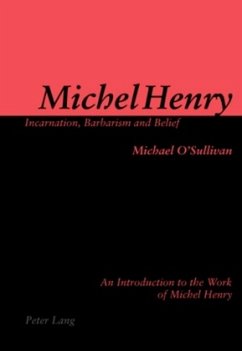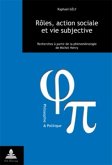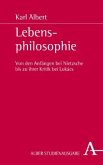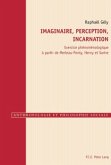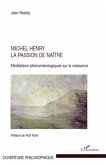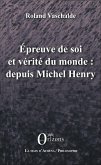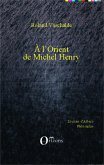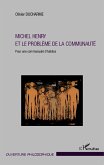This book is a timely introduction in English to one of the most wide-ranging and imaginative philosophical projects of the last fifty years. It offers close readings of the main themes of Michel Henry's philosophy, a philosophy that has produced some of the most devastating critiques of phenomenology, Freudianism, and Marxism in this period. The author's contrasting of Henry's material phenomenology with Derridean deconstruction extends the range of recent critical theory in terms of embodiment and affectivity. In an age of rejuvenated evangelism and fundamentalism, the author's reading of Henry's later work on religion as an extension of his material phenomenology also presents a challenging examination of the foundations of Christian faith and belief. Presented in a clear and straightforward manner, with careful explication of the more difficult passages from Henry, this book also makes accessible to English readers, for the first time since their original publication, many ofthe texts central to Henry's phenomenology. It should be a welcome resource for researchers in the fields of French phenomenology and the phenomenology of religion.
Bitte wählen Sie Ihr Anliegen aus.
Rechnungen
Retourenschein anfordern
Bestellstatus
Storno

